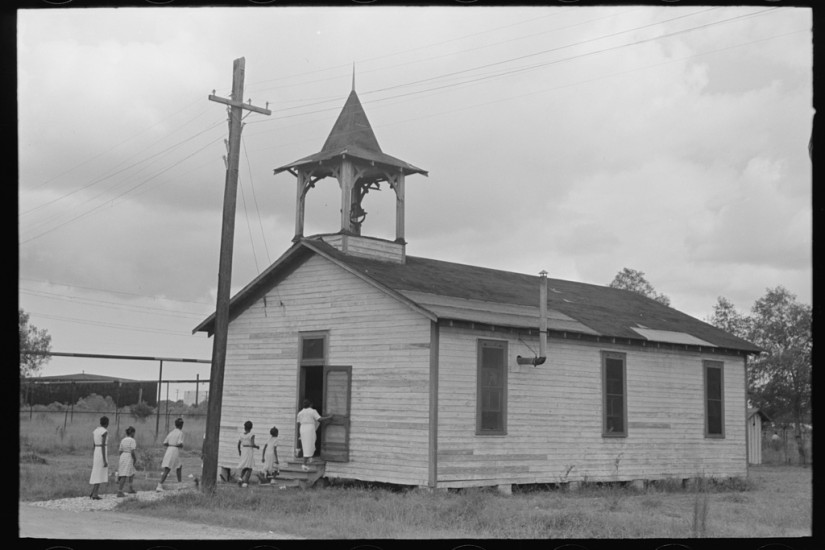The 1845 convention emerged at a time when both cotton and sugar profits had collapsed, crippling the state’s economy. Louisiana Democrats went on the offensive against banks and railroads and emerged as advocates for imposing a tight rein on state spending and flatly prohibiting state subsidies for businesses. By 1852, however, a rebounding Pelican state economy generated renewed support for aggressive banking practices and robust railroad growth. Moreover, after 1852, white supporters of the state’s staple economy invested more heavily than ever in enslaved Black labor. Louisiana’s confidence in the profits (and capital) from its enslaved workers sustained public spending during the boom. These two very different conventions produced very different results.
After the emancipation of enslaved Blacks at the end of the American Civil War as well as the devastating impact of the Confederate defeat, Louisiana whites held only slim hopes for optimism during Reconstruction. Once white southerners regained political control of the state in 1874, however, free Blacks confronted hard choices and embittered white landowners. The postbellum period left free Blacks only nominally free, and even personal choices around family and which plots of land they worked remained largely limited by the will of white landowners. By the World War I era however, the opportunity to move north to seek economic opportunity and escape white oppression in the South sparked outmigration of Blacks from Louisiana. Black outmigration focused on northern cities, and especially Chicago, until a reverse transition began in the World War II era.
Additionally, over time, southern states passed laws that further limited freedom and opportunity for Blacks in the South, and the persistence of Black poverty remained a burden down to the World War II era if not longer. When describing the state of Black political and economic wherewithal after the end of Reconstruction, eminent historian Eric Foner rightly identified the condition of Black southerners after Reconstruction era as one of holding “Nothing But Freedom.” For more than three-quarters of a century after emancipation, changes in the lives of Black Louisianans remained severely limited.
